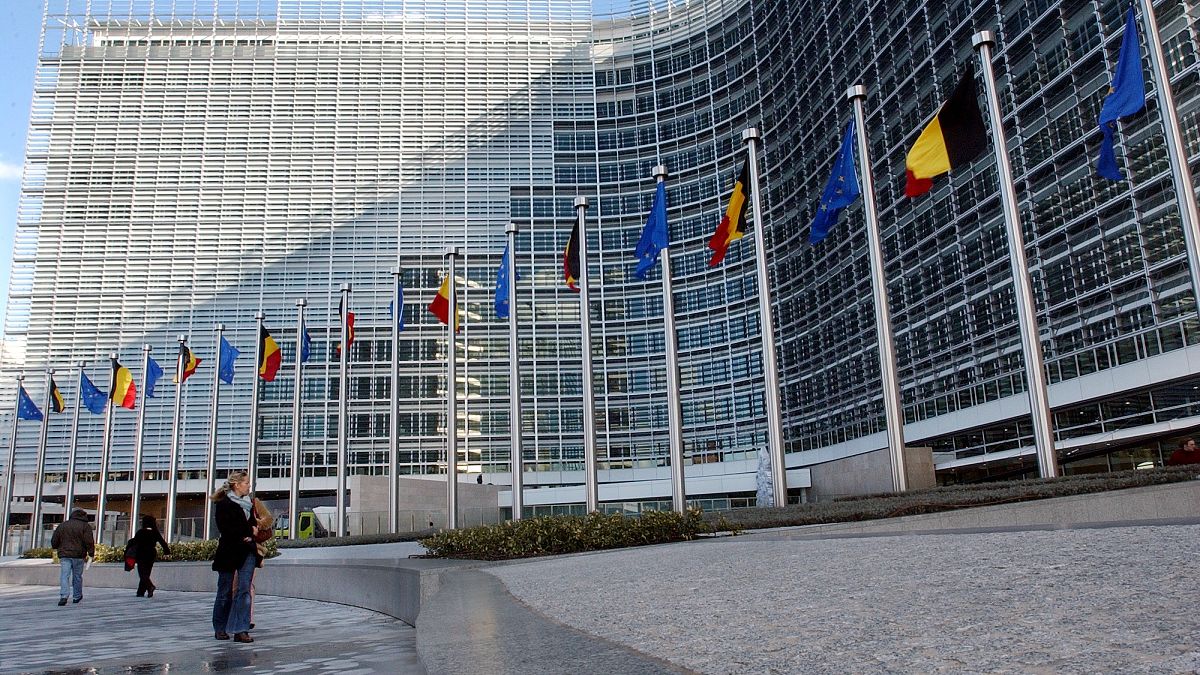The European Court of Auditors (ECA) recently published a report highlighting the lack of analysis of the impact on competition when it comes to the temporary state aid schemes introduced by the European Commission in response to the COVID-19 pandemic. The report points out that the Commission failed to assess the market impact of the aid packages, which has led to uncertainty regarding their effect on competition. The ECA found that despite the Commission studying the impact of state aid on turnover and the probability of default of undertakings, it did not investigate the effects on competition.
The pandemic and the Ukraine war have prompted member states to inject a significant amount of money into their economies through state aid, with the aid rising from €120 billion before the pandemic to peaks of €320 billion in 2020 and 2021, before dropping to almost €230 billion in 2022. However, the ECA emphasizes that the impact of these aid packages on the single market is still unclear. The Commission has relaxed state aid rules several times in response to these crises and has adopted new rules to facilitate the grant of subsidies in light of developments such as the American Inflation Reduction Act.
Despite the Commission’s efforts to monitor state aid spending closely, the report reveals that there was a lack of transparency on how the money was spent, which hindered the auditors’ ability to evaluate potential inequalities between larger and smaller EU countries. The auditors also note that reliable data from member states was lacking, limiting the Commission’s study to only a few countries and omitting those with the highest state aid expenditure. Additionally, the report highlights that the Commission did not vet unnotified state aid, further fueling concerns about the lack of transparency in the state aid distribution process.
With the EU facing challenges from the pandemic and geopolitical developments, the report underscores the importance of conducting thorough assessments of state aid schemes to ensure fair competition within the single market. The ECA emphasizes the need for the Commission to evaluate the impact of the Ukraine crisis framework and to address the lack of transparency in state aid spending. By ensuring a competitive market environment and promoting transparency in state aid distribution, the EU can better support firms in need and prevent potential inequalities among member states.
In conclusion, the European auditors’ report sheds light on the need for increased transparency and oversight in the distribution of state aid to safeguard fair competition within the single market. As the EU continues to navigate various crises, it is essential for the Commission to conduct comprehensive assessments of the impact of state aid schemes on competition and to address any potential inequalities that may arise. By taking proactive measures to enhance transparency and monitoring of state aid spending, the EU can ensure a level playing field for all member states and support economic recovery in the aftermath of the pandemic and geopolitical challenges.










